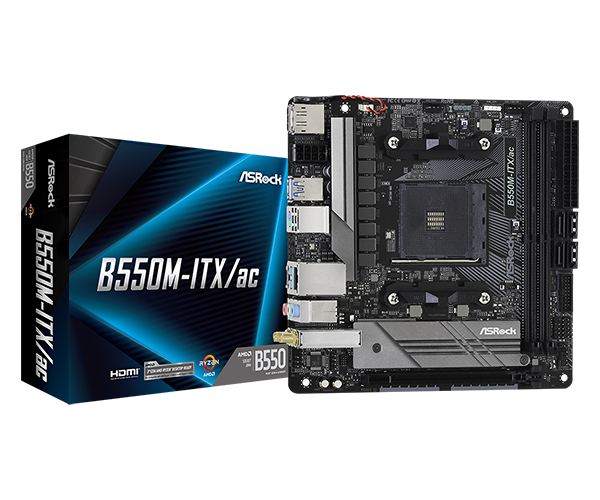- Joined
- Mar 11, 2009
- Messages
- 1,778 (0.30/day)
- Location
- Little Rock, AR
| System Name | Gamer |
|---|---|
| Processor | AMD Ryzen 3700x |
| Motherboard | AsRock B550 Phantom Gaming ITX/AX |
| Memory | 32GB |
| Video Card(s) | ASRock Radeon RX 6800 XT Phantom Gaming D |
| Case | Phanteks Eclipse P200A D-RGB |
| Power Supply | 800w CM |
| Mouse | Corsair M65 Pro |
| Software | Windows 10 Pro |
Hi all. I have an ASRock B450m Pro motherboard. It has one NVME slot and one SATA M.2 slot. I have been using it with a 3700x for a long time, with an Intel P660 NVME drive in the NVME slot. I recently sold a different computer, but that one didn't support Ryzen 2xxx processors, so I put my 3700x in it to sell, and downgraded my own machine to a Ryzen 2700.
After switching processors, the NVME drive is no longer recognized by the BIOS. I have played around with the slot generation settings and all that in the BIOS, but nothing seems to make it appear. I am running the latest BIOS.
I can make the drive appear by swapping out the CPU for a Ryzen 3 5300g that I have from another machine. As soon as I swap back to the 2700, it is gone again.
It shouldn't be an issue with unavailable lanes, as a Ryzen 3700x and 2700 should have the same 20 lanes available, right?
Anybody ever seen anything like this?
After switching processors, the NVME drive is no longer recognized by the BIOS. I have played around with the slot generation settings and all that in the BIOS, but nothing seems to make it appear. I am running the latest BIOS.
I can make the drive appear by swapping out the CPU for a Ryzen 3 5300g that I have from another machine. As soon as I swap back to the 2700, it is gone again.
It shouldn't be an issue with unavailable lanes, as a Ryzen 3700x and 2700 should have the same 20 lanes available, right?
Anybody ever seen anything like this?



 As far as AGESA updates, yea I can see that being the case, but there was none available for that board. It had the latest bios.
As far as AGESA updates, yea I can see that being the case, but there was none available for that board. It had the latest bios.